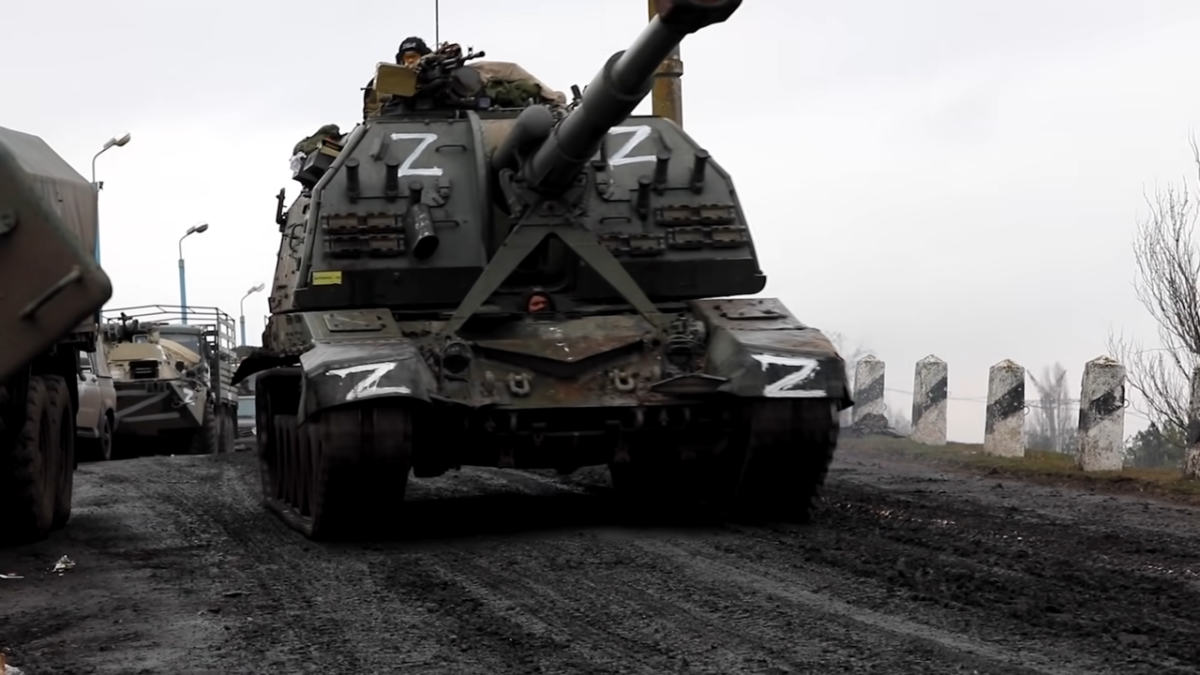Russian President Vladimir Putin expected a cakewalk when he launched his misbegotten invasion of Ukraine on February 24. He assumed that his modernized armed forces would sweep across the country in a blitzkrieg, seize Kyiv, the capital, and other major cities, and declare victory.
Putin was dead wrong. He and his closest associates miscalculated, thinking that Ukraine was weak and ripe for conquest.
Although Ukraine is outnumbered in every important metric from tanks and armored personnel carriers to fighter jets and naval vessels, the Ukrainian army, air force and navy have inflicted catastrophic losses on Russia.
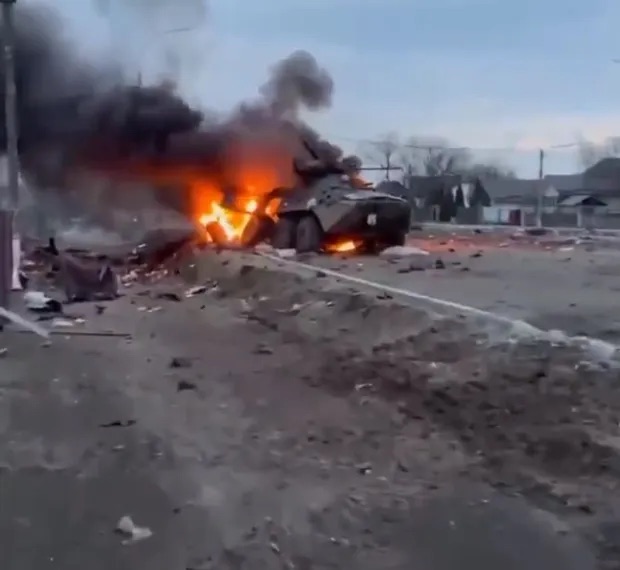
According to a report released by Ukraine’s Ministry of Defence on March 25, 115 Russian aircraft, 561 tanks, 1,625 armored personnel vehicles and five ships, among other assets, have been destroyed. And by its estimate, 16,100 Russian soldiers have been killed and 47,400 have been wounded.
Russia admits to having lost 1,351 troops, but the real figure is doubtless far higher. Western sources claim that seven thousand to fifteen thousand Russians have been killed, matching the number of Russian troops who fell in Afghanistan during the course of a decade from 1979 onward.
Among the Russian dead have been the deputy commander of the Black Sea fleet and seven generals, including Yakov Rezantsev, the latest general to bite the dust.
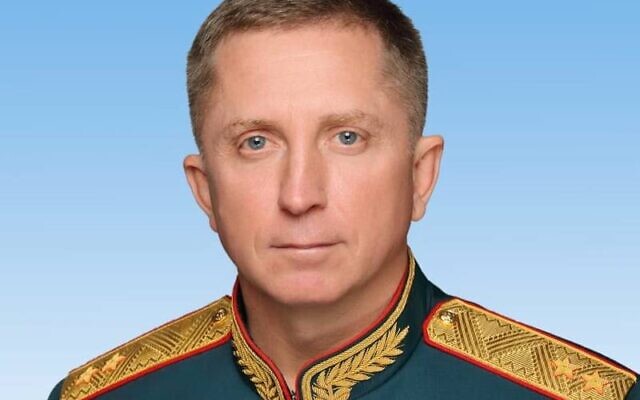
It’s clear that Putin underestimated Ukraine’s strength, resolve and resiliency.
The Ukrainian government has not released up-to-date casualty figures, but one can safely assume that thousands of Ukrainian soldiers have died on the battlefield
Fighting to preserve the territorial integrity of their nation from naked Russian aggression, the Ukrainians have resisted ferociously, deploying state-of-the-art Western weaponry such as Javelin anti-tank missiles and Stinger anti-aircraft missiles to stop the advance of Russian armor.
The Ukrainians, however, are vulnerable. They are short of arms and require a steady flow of tanks and missiles from the West if they are to hold the line against the Russians.
The United States and its allies in the NATO military alliance have promised to replenish Ukraine’s depleted stocks. By one estimate, Ukraine needs 500 new Javelins and 500 new Stingers per day to keep the Russians from conquering the country.
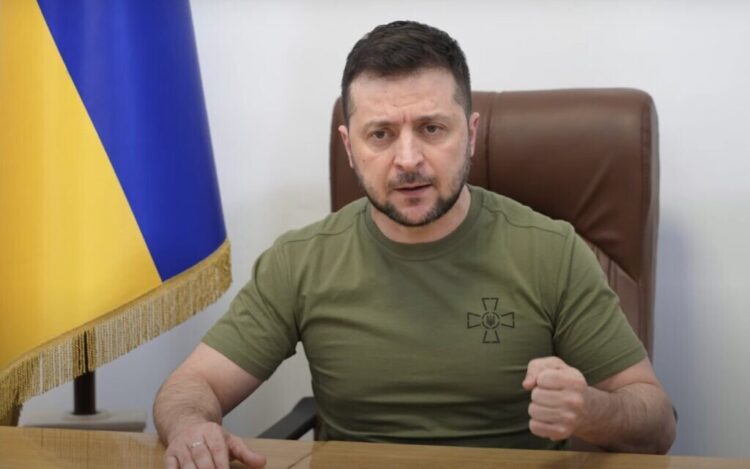
Ukrainian President Volodymyr Zelensky desires something the West cannot provide — a no-fly zone in Ukraine, which could well ignite World War III. NATO is not willing to go that far. Nor is NATO ready to reinforce the relatively small Ukrainian Air Force with a fresh supply of modern aircraft.
Russia made significant gains in the first two weeks of the war, capturing swaths of land in the north and along the coasts of the Sea of Azov and the Black Sea. But aside from occupying Kherson, the Russian offensive has stalled, notwithstanding Putin’s obviously false claim that the war is going according to plan. Cities like the port of Odessa and the northern city of Kharkiv remain in Ukrainian hands. Meanwhile, Russia’s attempt to take Kyiv has faltered.
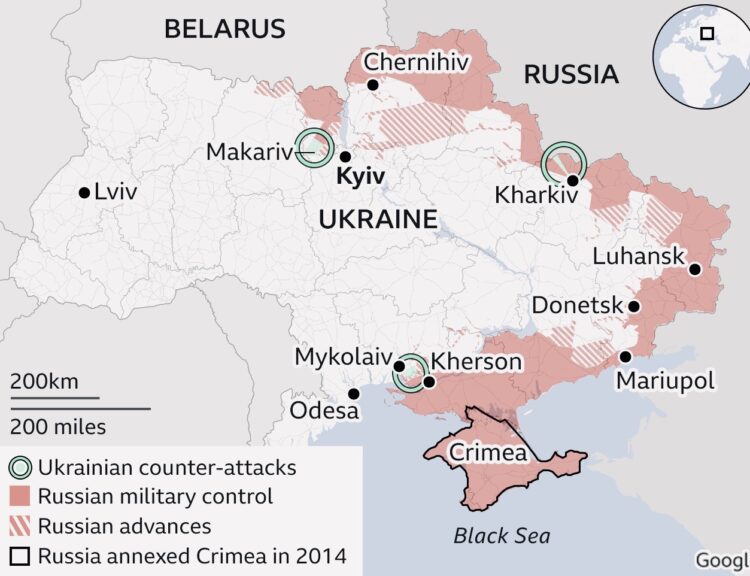
A couple of days ago, a Russian military spokesman, General Sergei Rudskoi, said that Russia had shifted its strategy and would now focus on defeating Ukrainian forces in the eastern Donbas region, particularly in Luhansk and Donetsk, where Russian-supported separatists have been fighting a war for the past eight years.
According to Rudskoi, the first stage of Russia’s “special military operation,” as Putin blandly describes the invasion, has been “mainly accomplished,” and Ukraine’s combat power has been “significantly reduced.” Yet he did not exclude the possibility that Russia will try to storm Ukrainian cities like Kyiv.
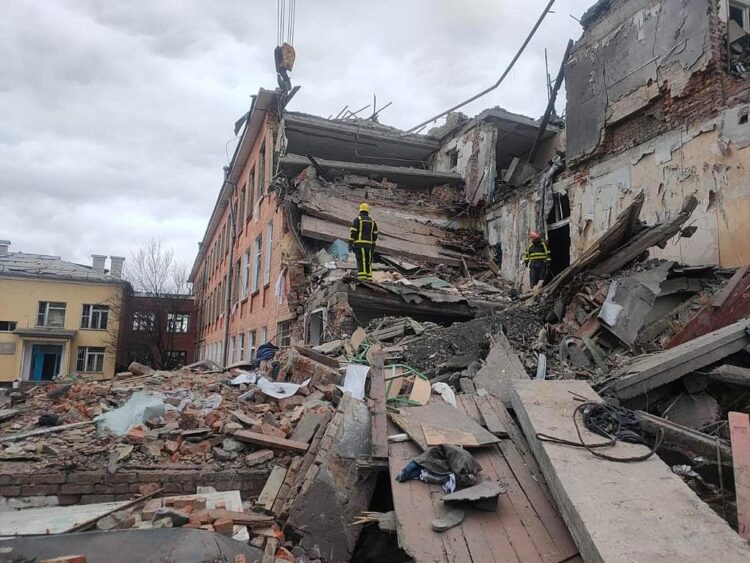
Having failed to capture key cities, Russia has remorselessly shelled them with long-range missiles and artillery, hitting apartment buildings, hospitals and schools. Strangely enough, the Russian Air Force has so far played a minor role in the bombardments, which are designed to lower Ukrainian morale and create a humanitarian crisis.
Russia’s strikes in urban settings are reminiscent of its scorched earth tactics in Chechnya and Syria. They have caused widespread destruction, especially in Mariupol and Kharkiv, and resulted in the deaths of more than 1,000 Ukrainian civilians.
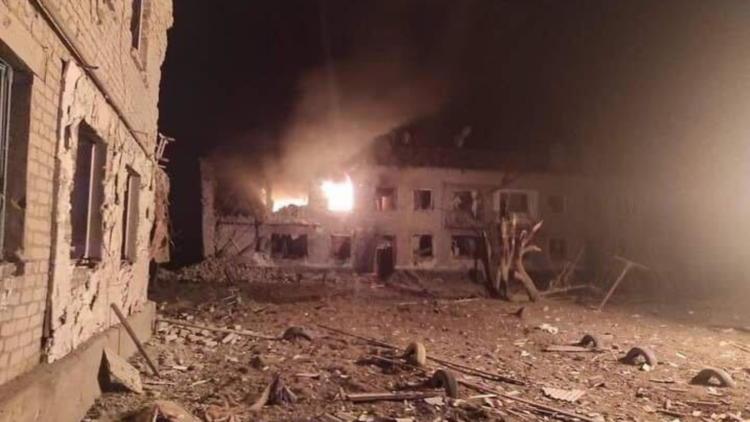
The United States has accused Russia of war crimes, and President Joe Biden has denounced Putin as a “war criminal.” In a fiery speech in Warsaw today, Biden went further, calling for regime change in Moscow.
Six and a half million Ukrainians have been internally displaced and 3.7 million Ukrainian women, children and seniors have fled into neighboring countries like Poland, Slovakia, Moldova, Hungary and Romania, leaving able-bodied men at home to fend off Russian attacks.
The majority of refugees will return to Ukraine should the war end within a reasonable period of time, but some will never go back and start all over again in foreign destinations like Canada, the United States, Germany, Britain, Australia and Israel.
The invasion has thrown Russia into bitter isolation and rendered it a pariah state in the West. Only four countries apart from Russia — Belarus, Syria, North Korea and Eritrea — opposed a recent United Nations resolution condemning the invasion and calling for the immediate withdrawal of Russian forces.
Putin has created an ominous and seemingly unbridgeable gap between Russia and Western nations and ushered in an ugly Cold War.
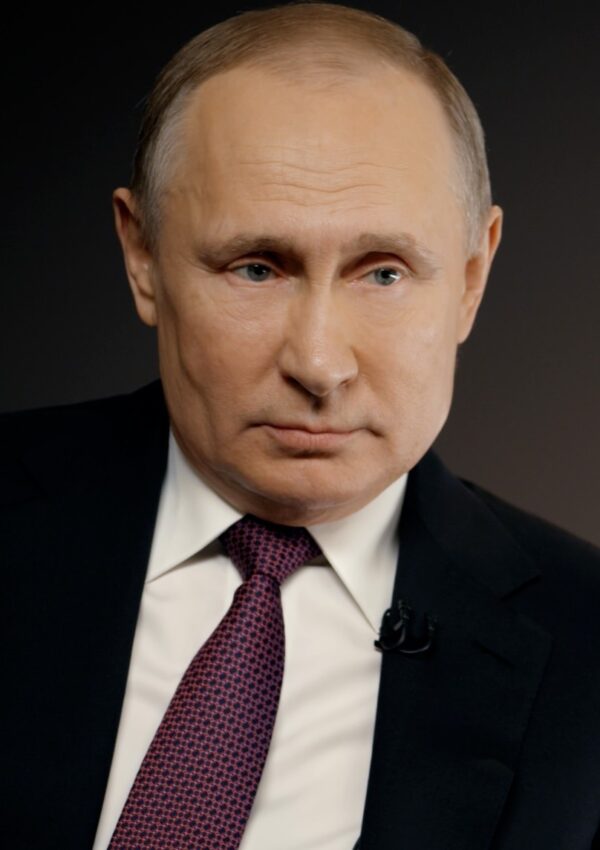
Thanks to Putin’s recklessness, Russia’s oil-and-gas-based economy has been subjected to crippling sanctions, and Russian cultural figures abroad have been unfairly shunned, stigmatized and boycotted.
Ukraine has decisively defeated Russia in the public relations war. Russia, having violently violated the sovereignty of a peaceful neighbor and having upended the European order that was established after the collapse of the Soviet Union in 1991, will pay heavily for its foolish decision to invade Ukraine.
A few days ago, NATO announced that 40,000 additional troops will be sent to Poland, Bulgaria, Hungary and Slovakia to shore up its eastern flank, a development that runs counter to Russian strategic interests.
Putin rightfully feared that NATO’s eastward expansion would undermine Russia’s legitimate security concerns. It was surely one of the reasons why he invaded Ukraine, which had been eager to join the alliance. It is now highly doubtful whether NATO will ever accept Ukraine as a member.
If Russia’s geopolitical needs are to be met and if this war is to end on a peaceful note, Ukraine will have no alternative but to officially withdraw its application for NATO membership, declare neutrality, and promise that Western military bases will not be permitted on Ukrainian soil.
These concessions will be a bitter pill for Ukraine to swallow, but the Ukrainian leadership has no choice in the matter if peace is to prevail in Ukraine and Europe.
In the meantime, Putin has created a monumental political and humanitarian disaster in Eastern Europe. He has generated profound anti-Russian feeling in Ukraine and in the neighborhood. And most egregiously, he is laying waste to Ukraine, a crime for which he will pay dearly and which will darken his legacy immeasurably.
